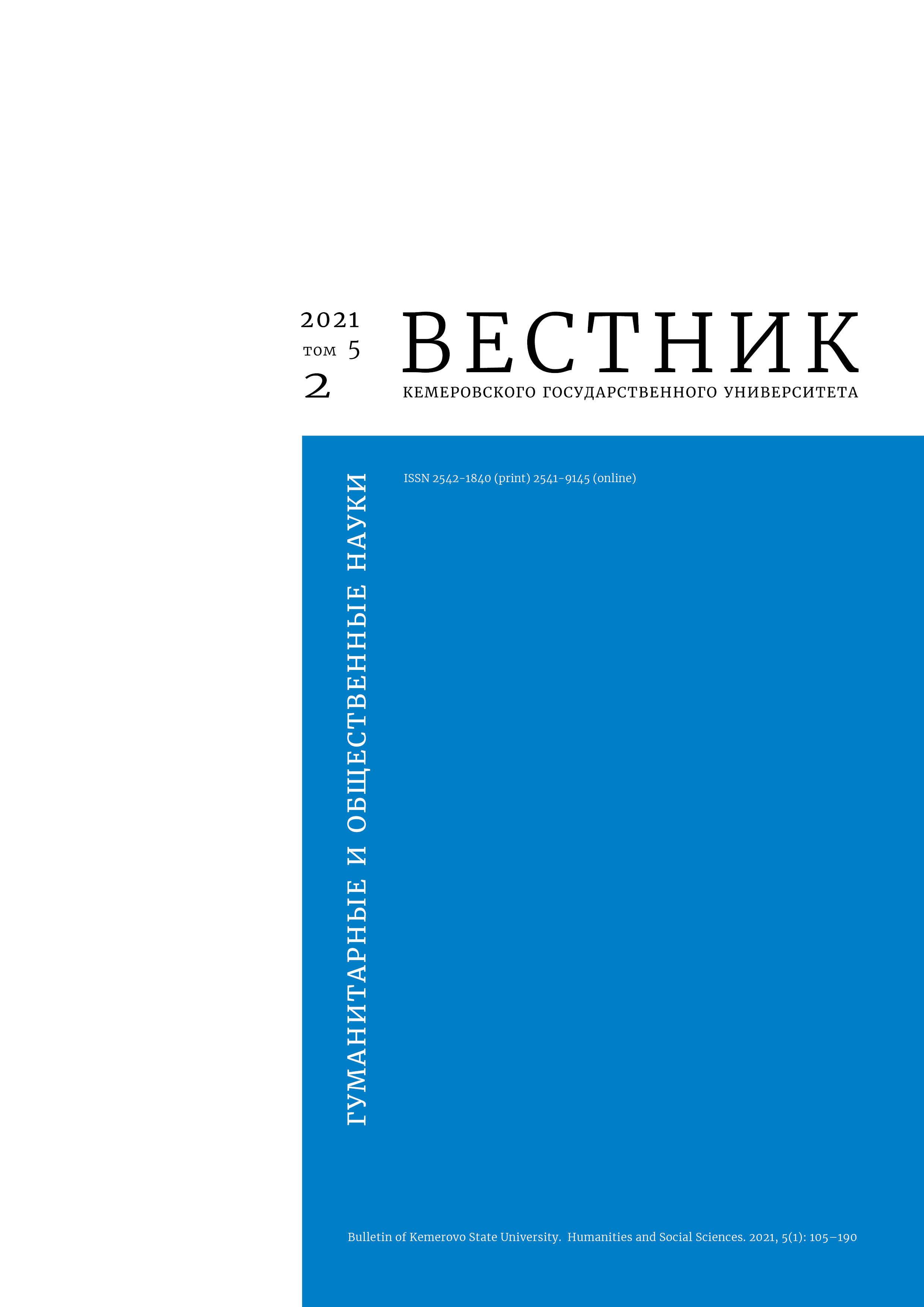Barnaul, Russian Federation
Barnaul, Russian Federation
The article describes the international scientific and technical cooperation (ISTC) of the Russian Federation with foreign states in the context of the anti-Russian sanctions. The research featured the political and economic anti-Russian sanctions that define the current cooperation in the scientific and technical field. The authors described the phenomenon of sanctions, their main types, reasons, specific features, etc., putting stress on the industrial and selective character, as well as on their indirect influence on Russian ISTC. There are no scientific and technological sanctions per se; however, the current political and economic sanctions keep affecting the ISTC sphere, e.g. inability to purchase and deliver reagents and high-tech equipment, to accept financing from foreign funds, etc. The sanctions manifest themselves as narrow scope of research projects, low academic mobility, etc. The two areas with appropriate mechanisms to counter the sanctions policy are political and legal. For instance, a diversified state policy could be developed to support ISTC. Public scientific diplomacy and an official vector of development might be of great help, in particular, the Asian vector of ISTC development. The authors believe ISTC should take place between the members of the Shanghai Cooperation Organization. The legal counteraction mechanisms include issuing normative legal acts, suspension of international agreements in ISTC, counter-sanctions, and international arbitration.
counter-sanctions, public international law, Shanghai Cooperation Organization, public scientific diplomacy, legal regulation
1. Akhmetov M. G. Analysis of foreign trade sanctions against Russia: challenges, dangers, consequences one year later. Mezhdunarodnaya torgovlya i torgovaya politika, 2015, (3): 27-44. (In Russ.)
2. Ushakov N. A. International law. Moscow: Iurist, 2000, 302. (In Russ.)
3. Okhotsky E. V. Russia and the West: withstanding the sanctions. Mezhdunarodnye protsessy, 2016, 14(2): 202-213. (In Russ.) DOI:https://doi.org/10.17994/IT.2016.14.2.45/15
4. Smirnov E. N. Scientific, methodological and practical aspects of the application of anti-Russian sanctions as an instrument of foreign policy. Vestnik Evraziiskoi nauki, 2019, 11(5). Available at: https://esj.today/PDF/13ECVN519.pdf (accessed 10 Feb 2021). (In Russ.)
5. Loginova I. V., Titarenko B. A., Saiapin S. N. Economic sanctions against Russia. Aktualnye voprosy ekonomicheskikh nauk, 2015, (47): 38-44. (In Russ.)
6. Rezinkin A. Yu. Ways to overcome the obstacles to the development of the international scientific and technical cooperation of the SCO member states. Rossiisko-Aziatskii pravovoi zhurnal, 2020, (2): 103-107. (In Russ.) DOI:https://doi.org/10.14258/ralj(2020)2.15
7. Dezhina I. G. Russian-French scientific collaboration: approaches and mutual attitudes. Sociology of Science and Technology, 2018, 9(1): 101-115.
8. Danilin I. V. State and challenges for the development of cooperation in science and technology between Russia and China. MIR (Modernizacija. Innovacii. Razvitie), 2020, 11(4): 384-397. (In Russ.) DOI:https://doi.org/10.18184/2079-4665.2020.11.4.384-397
9. Pikalova A. G., Nasybulina E. G., Sokolov A. V., Ermakova A. R., Fedulkin D. P., Bzhaniia M. I., Korotkov D. P., Kuklina I. R., Kutuzova A. A., Lukmanova Iu. M. Methodological manual on the participation of Russian scientific organizations and universities in international scientific and technical activities. Moscow: NIU VShE, 2017, 183. (In Russ.)
10. Sokolova N. A. International legal issues of implementation of scientific and technological cooperation. Lex russica, 2019, (9): 146-157. (In Russ.) DOI:https://doi.org/10.17803/1729-5920.2019.154.9.146-157





















